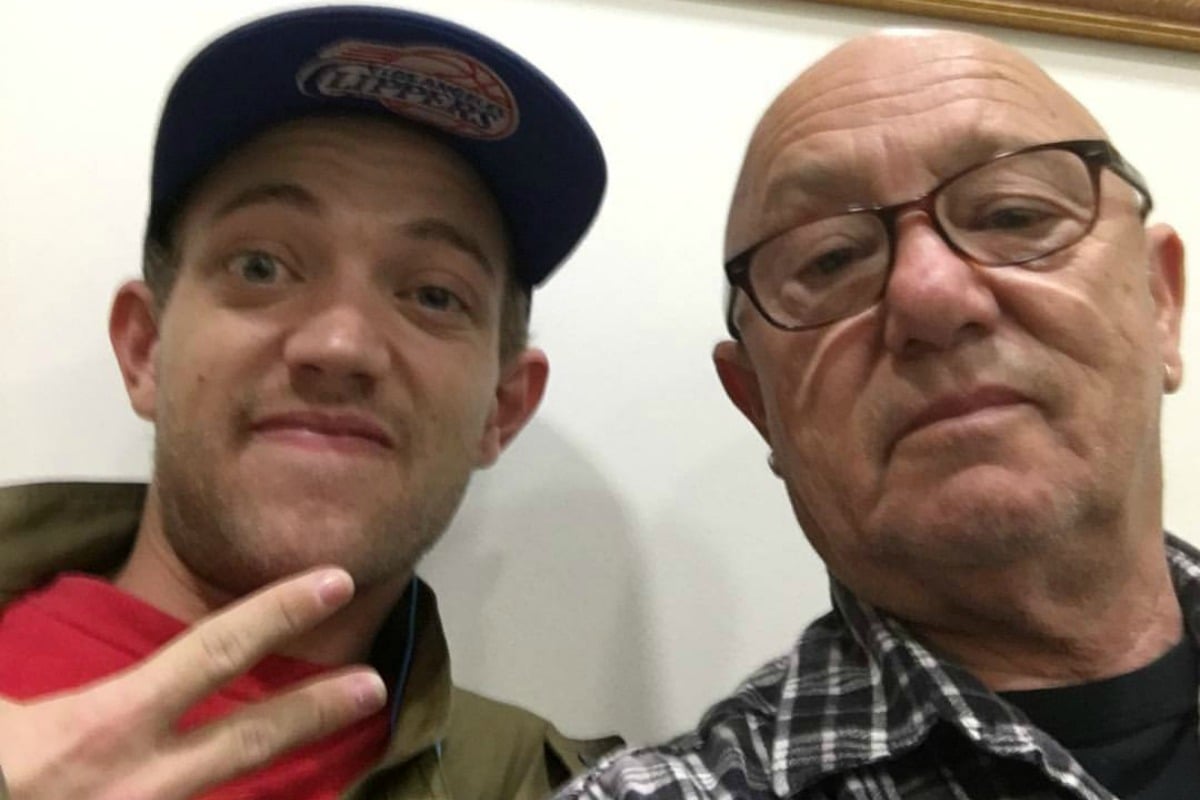
-With AAP
1. Angry Anderson speaks out for the first time about his son Liam’s death.
Angry Anderson has spoken out for the first time following the tragic death of this son Liam on Sunday morning.
Anderson said Liam, 26, wasn’t actually best friends with his accused killer Mathew Flame as had been reported, but had been trying to help the man when he died.
“They were not best friends,” a devastated Anderson told The Daily Telegraph.
“He wasn’t even in Liam’s main group of friends.”
The rock star said he had raised his children to do the right thing and look after people.
“Liam was trying to help him,” Anderson said. “He was such a decent human being.”
Flame, 20, is alleged to have punched and stomped Liam Anderson, 26, to death in northern Sydney early on Sunday while under the influence of MDMA, marijuana and alcohol.
According to court documents, Flame feared he may have overdosed after briefly passing out so he tried to leave the party the pair were at about 4am.
Liam and others begged Flame to stay, as he would be safe there, but Flame walked out.
Liam followed him, which is when police allege Flame turned. He allegedly kicked and punched Liam in an attack so brutal police quietly counselled the Anderson family to not request a viewing of Liam’s body.
On Monday, Flame’s solicitor Omar Juweinat said that Flame’s family regarded Liam as “part of their family”.
The Anderson family strongly dispute this, saying they didn’t know who Flame was.

Top Comments
1. Angry Anderson is now fighting to see justice for his son’s totally tragic and totally preventable death. Unfortunately, the legal system is not on the side of the victims and while bending over backwards to ensure the perpetrator receives justice it is at the expense of the victim and is in no way fair. The system is weighted, heavily, in favour of the accused with little to no regard for the victims. Good luck Angry, you’re going to need it. The accused was so drugged up he already has his first line of defence. And the rest of us are the mugs who keep paying for it.
2. Oops, he did it again.